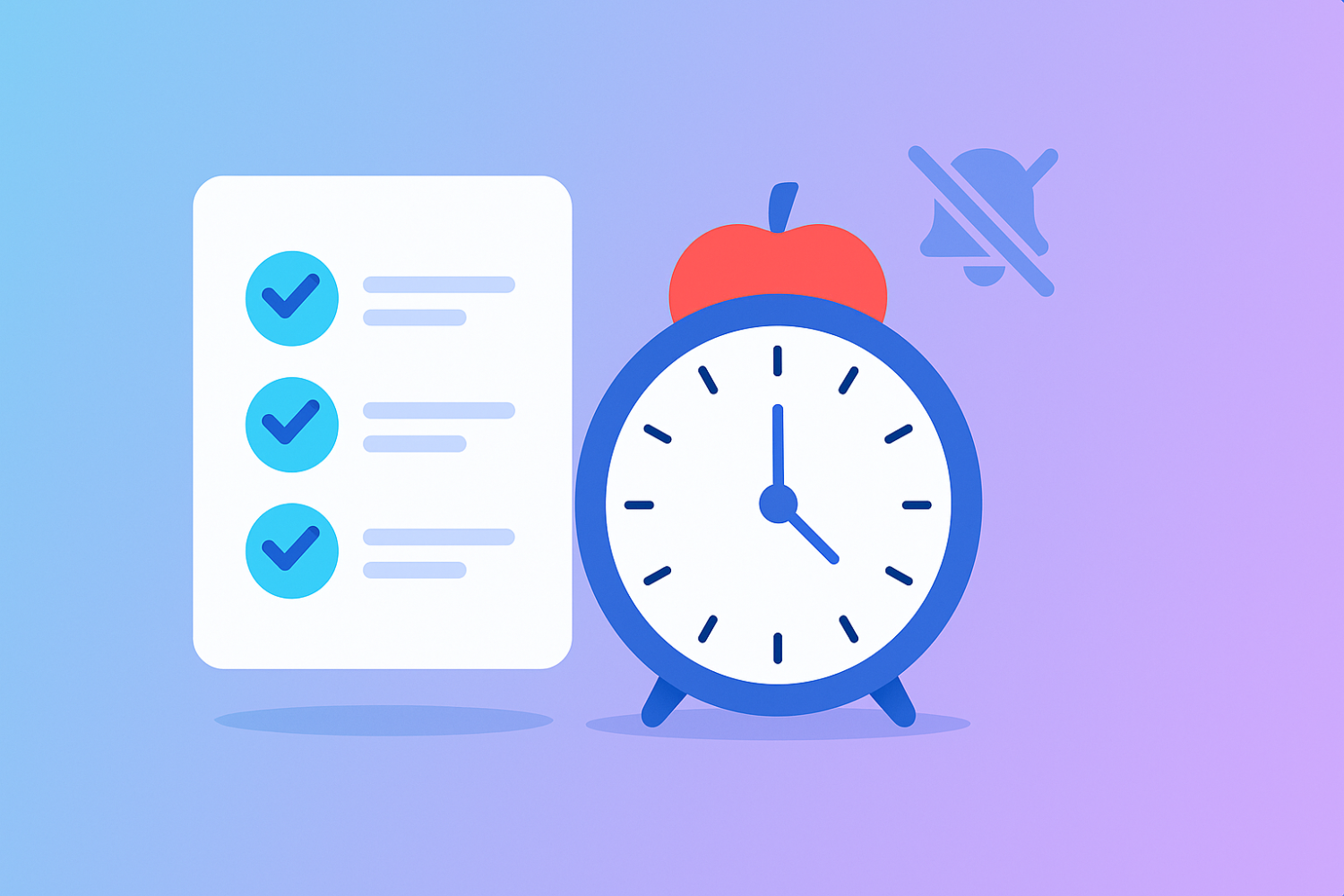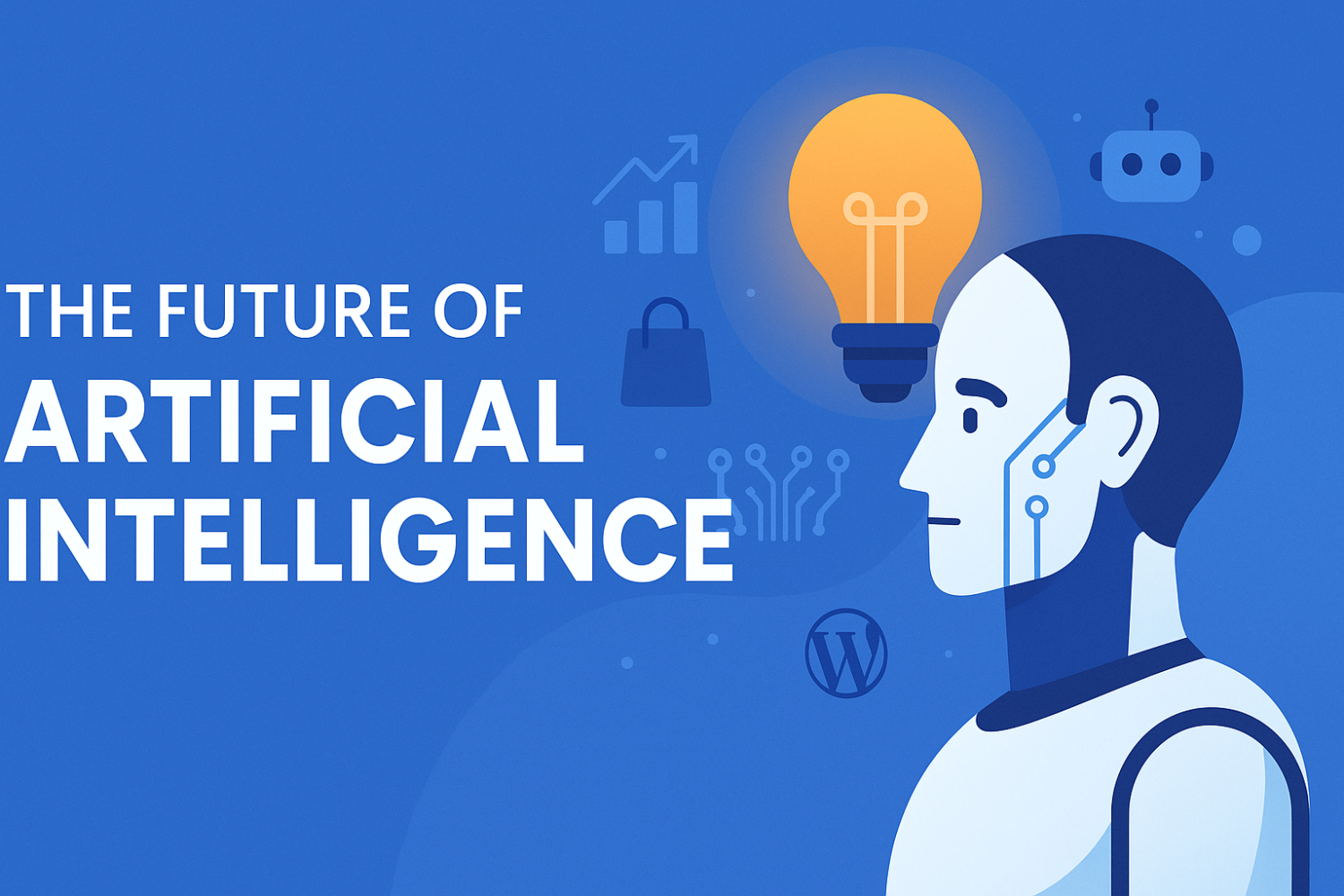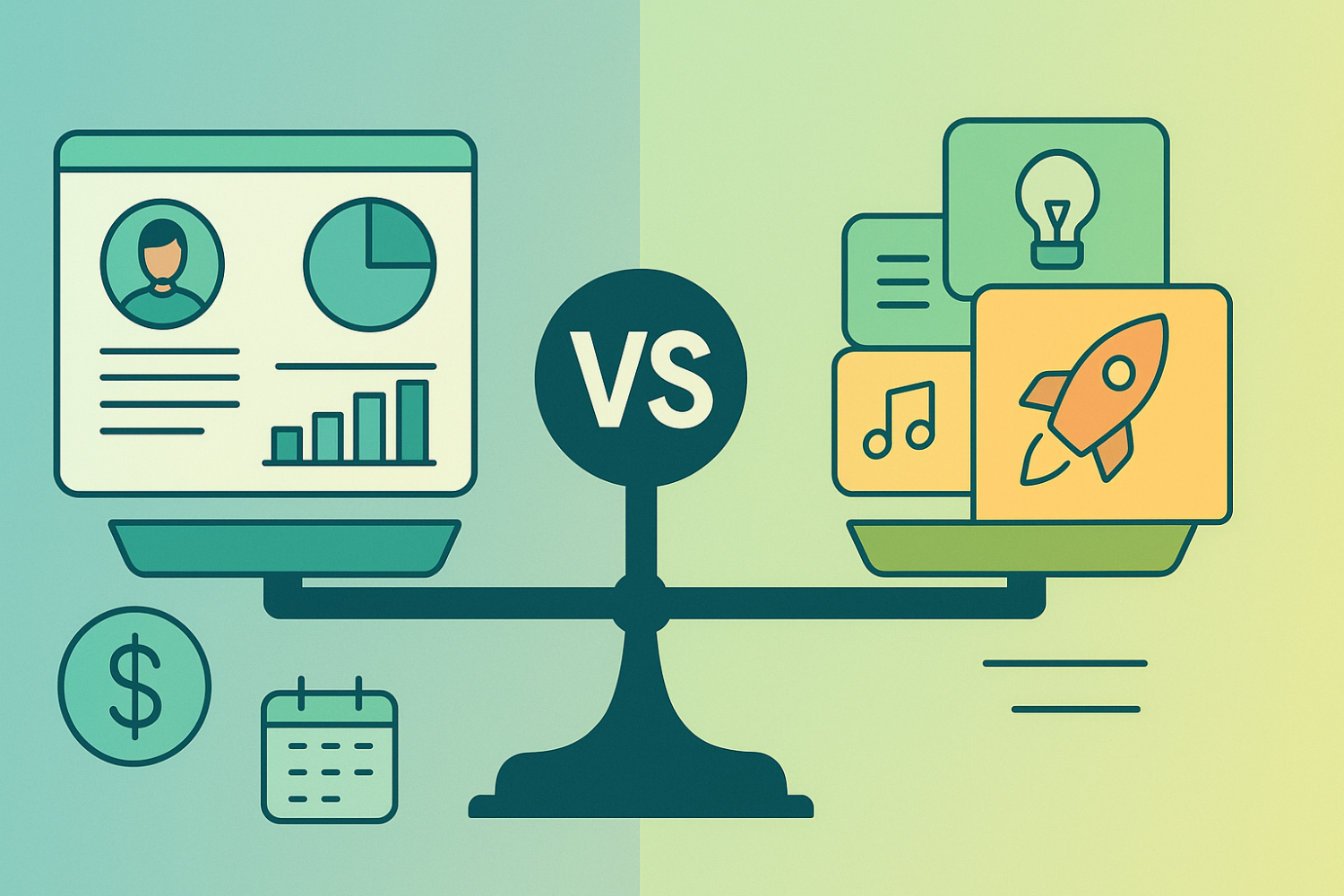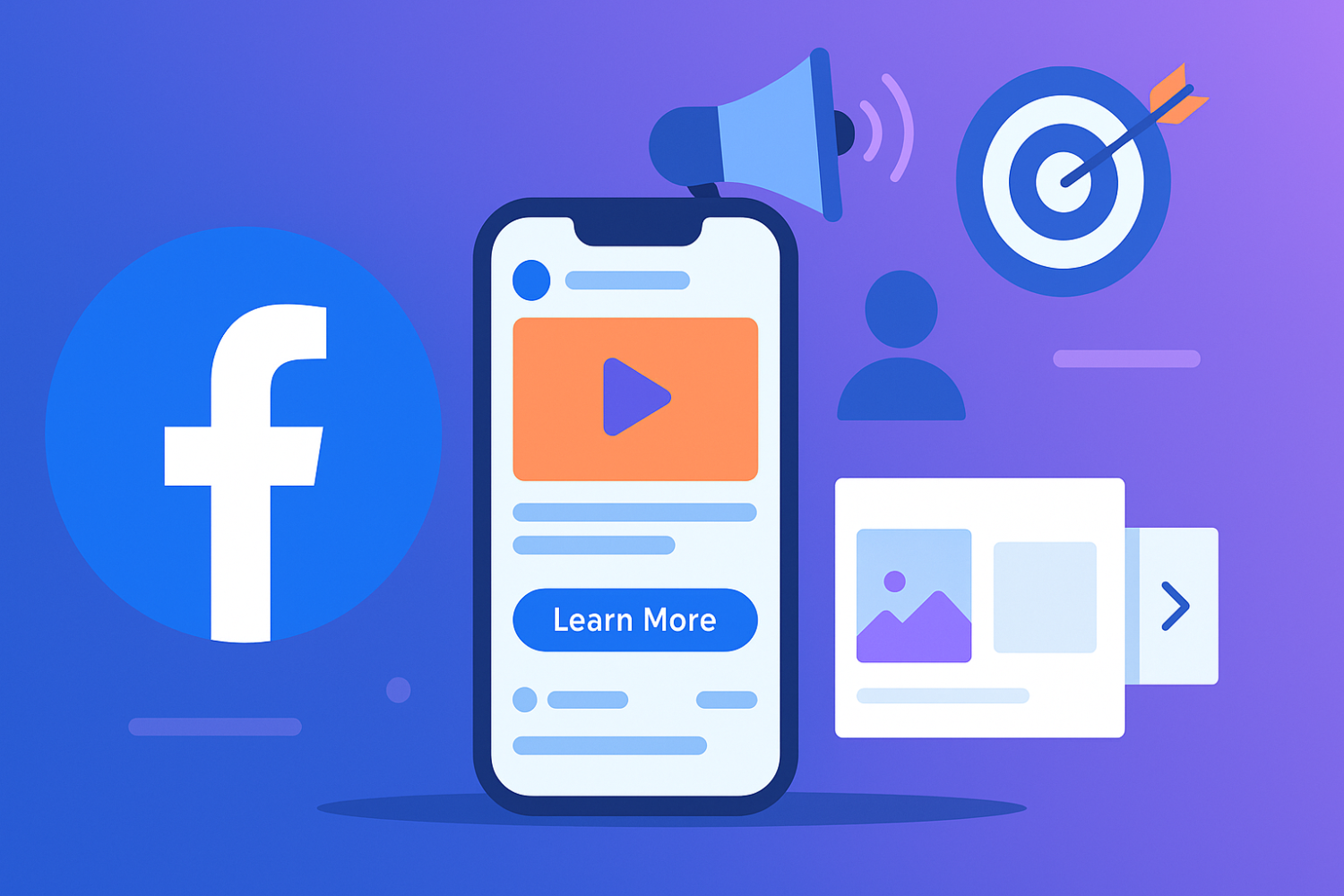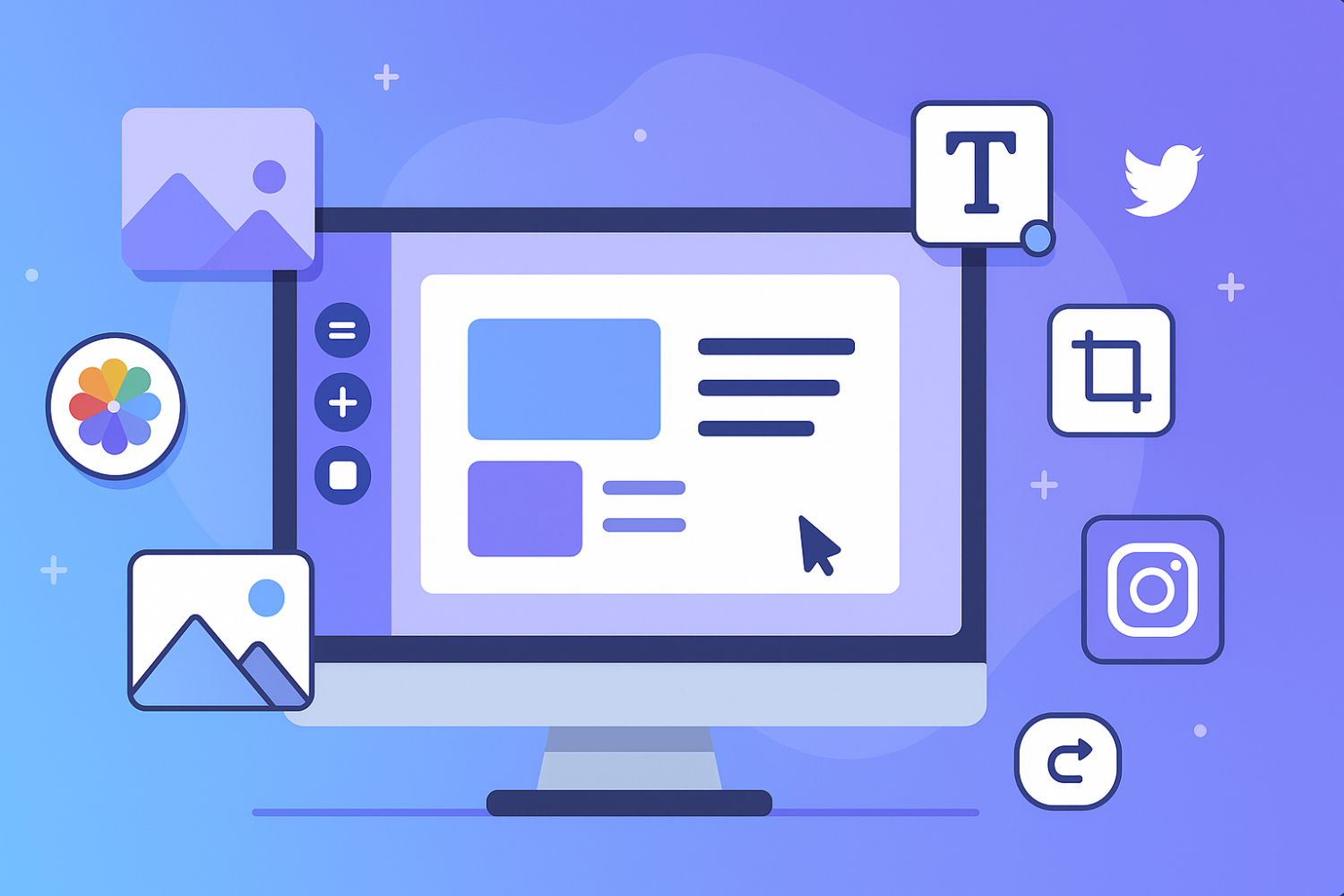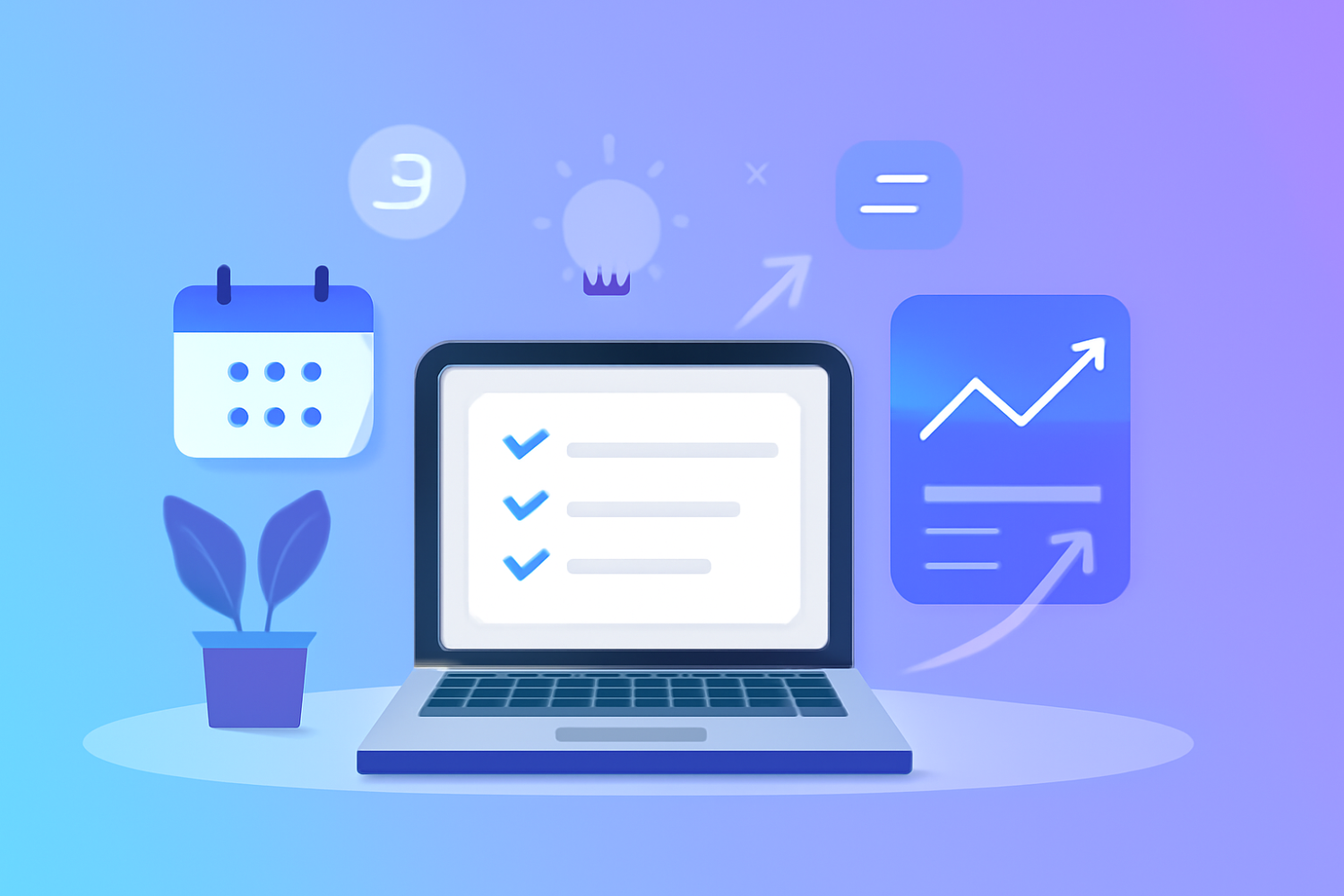Harnessing AI Tools to Automate Your Digital Marketing Strategy
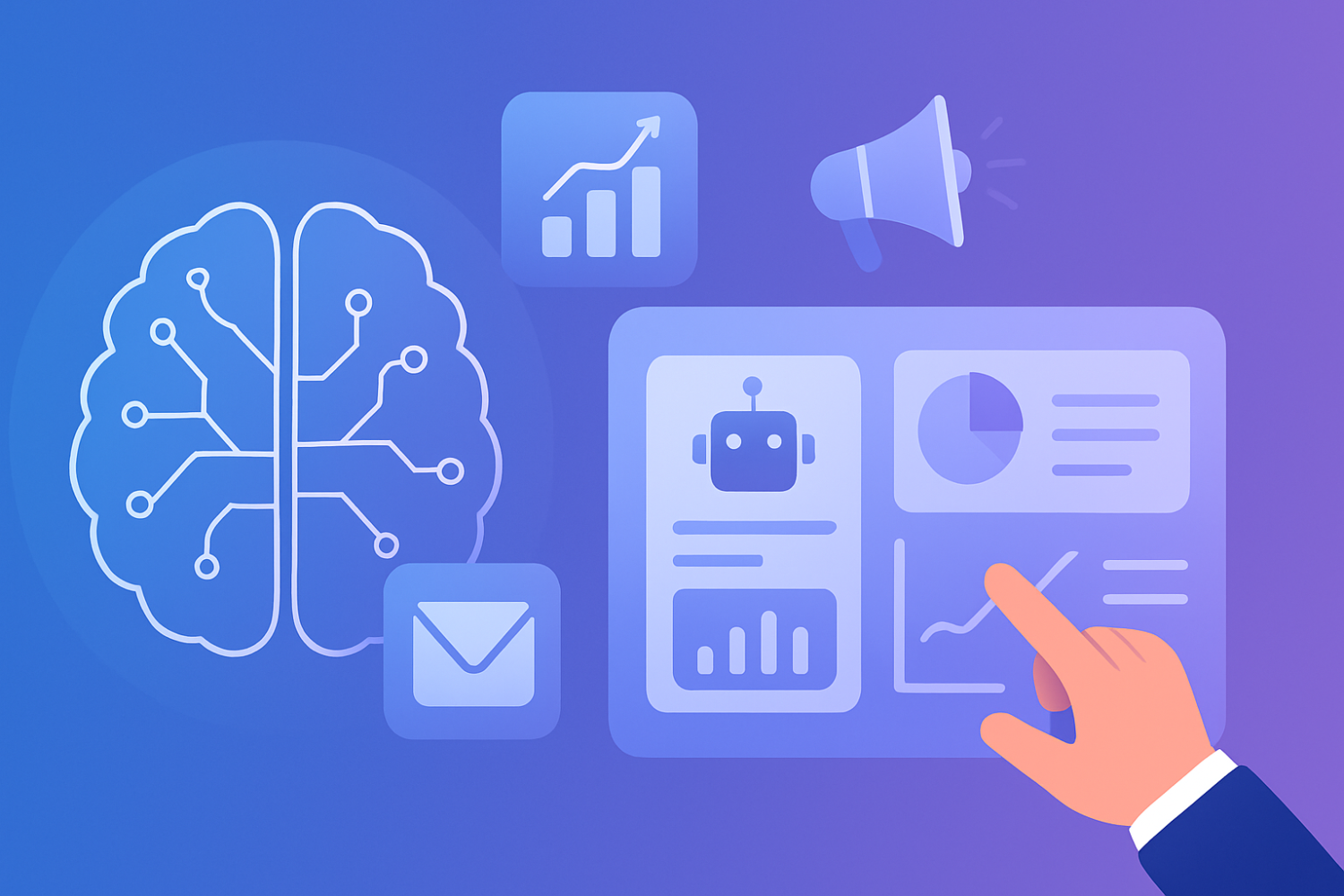
Understanding the Basics of AI in Digital Marketing
Artificial intelligence (AI) has emerged as a transformative force in various industries, particularly in the realm of digital marketing. At its core, AI refers to the simulation of human intelligence processes by machines, especially computer systems. It encompasses various technologies and methodologies, including machine learning, natural language processing, and data analytics. In digital marketing, AI is utilized to enhance marketing automation tools that streamline processes and improve overall marketing strategy.
One of the key concepts within AI is machine learning, a subset that enables systems to learn and improve from experience without being explicitly programmed. This capability allows marketers to analyze vast amounts of data automatically, gaining insights that inform their strategies. By leveraging AI tools for marketers, businesses can predict consumer behavior and optimize their campaigns in real-time. Automation becomes a vital aspect of these efforts, enabling marketers to execute personalized marketing strategies efficiently while reaching potential customers at the right time with the right message.
The benefits of integrating AI in digital marketing are manifold. Firstly, AI helps in increasing operational efficiency by automating repetitive tasks, such as data collection and analysis. This not only reduces time spent on these processes but also minimizes human error, allowing marketers to focus on strategy and creativity rather than mundane tasks. Secondly, AI technology supports personalized marketing. By analyzing user behavior and preferences, AI can assist in crafting tailored user experiences, significantly enhancing customer engagement. Lastly, data-driven decision-making is another advantage that AI brings to the table. Marketers can leverage insights generated from AI tools to make informed decisions, ensuring that their campaigns are both effective and adaptable to changing market conditions.
Identifying Key Areas for Automation in Your Marketing Strategy
In the realm of digital marketing, recognizing which components of your strategy can effectively incorporate automation is crucial for maximizing efficiency and productivity. Automation not only streamlines repetitive tasks but also allows marketers to focus on more strategic activities. A thorough evaluation of your current marketing initiatives will help pinpoint opportunities for implementing AI tools for marketers.
Start by assessing your existing workflows. Pay close attention to processes that are labor-intensive or repetitive. Common tasks suitable for automation include email marketing campaigns, social media scheduling, and content creation workflows. For instance, consider using marketing automation tools to schedule social media posts at optimal times, ensuring consistent presence without the need for continuous manual posting.
Moreover, content creation can significantly benefit from AI in digital marketing. From generating blog post ideas to automating the writing process, AI tools can assist in producing high-quality content more efficiently. Identify if there are specific types of content that your team creates frequently and explore how to use AI for marketing to streamline this process.
Analytics reporting is another area ripe for automation. Manual reporting can consume valuable time and lead to errors. Evaluate your approach to tracking and analyzing data; implementing digital marketing automation can simplify data collection and provide real-time insights, allowing for quicker decision-making and performance assessment.
Ultimately, prioritize these areas based on the volume of repetitive tasks and their impact on your overall marketing strategy. By determining where AI can play a transformative role, you can establish a more effective and automated marketing strategy that enhances your team's productivity and frees them to concentrate on strategic initiatives.
Top AI Tools for Beginners in Digital Marketing
In the rapidly evolving landscape of digital marketing, leveraging AI tools can significantly enhance your marketing efforts, particularly for beginners. Below is a curated list of beginner-friendly AI tools that simplify various aspects of digital marketing, categorized based on their primary functions.
Email Automation: Mailchimp is renowned for its user-friendly interface and robust features. It allows marketers to automate email campaigns seamlessly, segment their audience, and personalize email content using data analytics. With pricing tiers that cater to different budgets, it provides an accessible entry point for small businesses looking to embrace marketing automation tools.
Social Media Management: Hootsuite stands out as an exceptional platform for managing multiple social media accounts in one place. It automates posting schedules and offers insights through detailed analytics, making it easier for beginners to track engagement. Its intuitive design helps users craft and schedule posts across various channels, optimizing social media strategies without overwhelming them.
Content Generation: Copy.ai is a powerful content generation tool designed to assist marketers in creating high-quality copy in minutes. Utilizing advanced algorithms, it enhances the ability to brainstorm content ideas, generate product descriptions, or create social media posts. Copy.ai’s pricing model is flexible, catering to varying levels of content generation needs.
Analytics: Google Analytics is an essential tool for any digital marketer, offering indispensable insights into website traffic and user behavior. Its AI capabilities allow for automated reporting and predictive analytics, which can inform marketing decisions. As a free tool, it provides great value, especially for beginners looking to analyze their digital marketing efforts.
These AI tools facilitate a comprehensive approach to automating the marketing strategy, ensuring that even those new to the field can effectively utilize AI in digital marketing. Integrating these platforms can not only streamline processes but also enhance overall marketing efficiency.
Tips for Maximizing Productivity with AI-Powered Automation
To effectively harness the potential of AI in digital marketing and elevate productivity, it is essential to implement a strategic approach. One of the primary steps is setting clear, measurable goals. By defining objectives such as increasing engagement or generating leads, marketers can align their AI tools to support these targets. For instance, integrating specialized marketing automation tools can streamline various processes, from handling social media posting schedules to managing email campaigns, ensuring that all efforts are directed toward achieving these predefined goals.
Another crucial element is the constant monitoring of performance metrics. AI analytics can provide real-time insights, enabling marketers to evaluate the effectiveness of their campaigns. Regularly assessing data allows businesses to identify trends and areas needing improvement. For example, if certain content does not resonate with the audience, adjustments can be made swiftly, enhancing the overall impact of the strategy. Understanding how to use AI for marketing in this context can significantly improve decision-making and reduce guesswork.
While automation plays a pivotal role, the importance of human oversight cannot be overstated. AI tools for marketers should supplement, not replace, the human touch. The balance between automated strategies and personalized interactions is vital in maintaining a connection with the audience. Personalization can be achieved by integrating customer feedback and behaviors into automation processes, ensuring that communications remain relevant and engaging.
In conclusion, prioritizing these best practices—setting clear goals, continuously monitoring performance, and promoting human involvement—will empower marketers to utilize digital marketing automation more effectively. By leveraging AI tools strategically, businesses can enhance productivity while ensuring a personalized approach that resonates with their audience.
